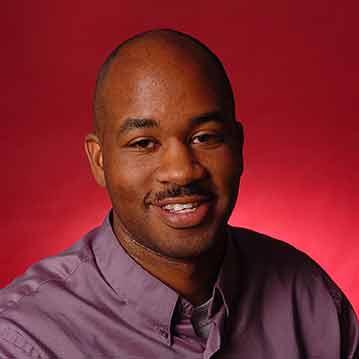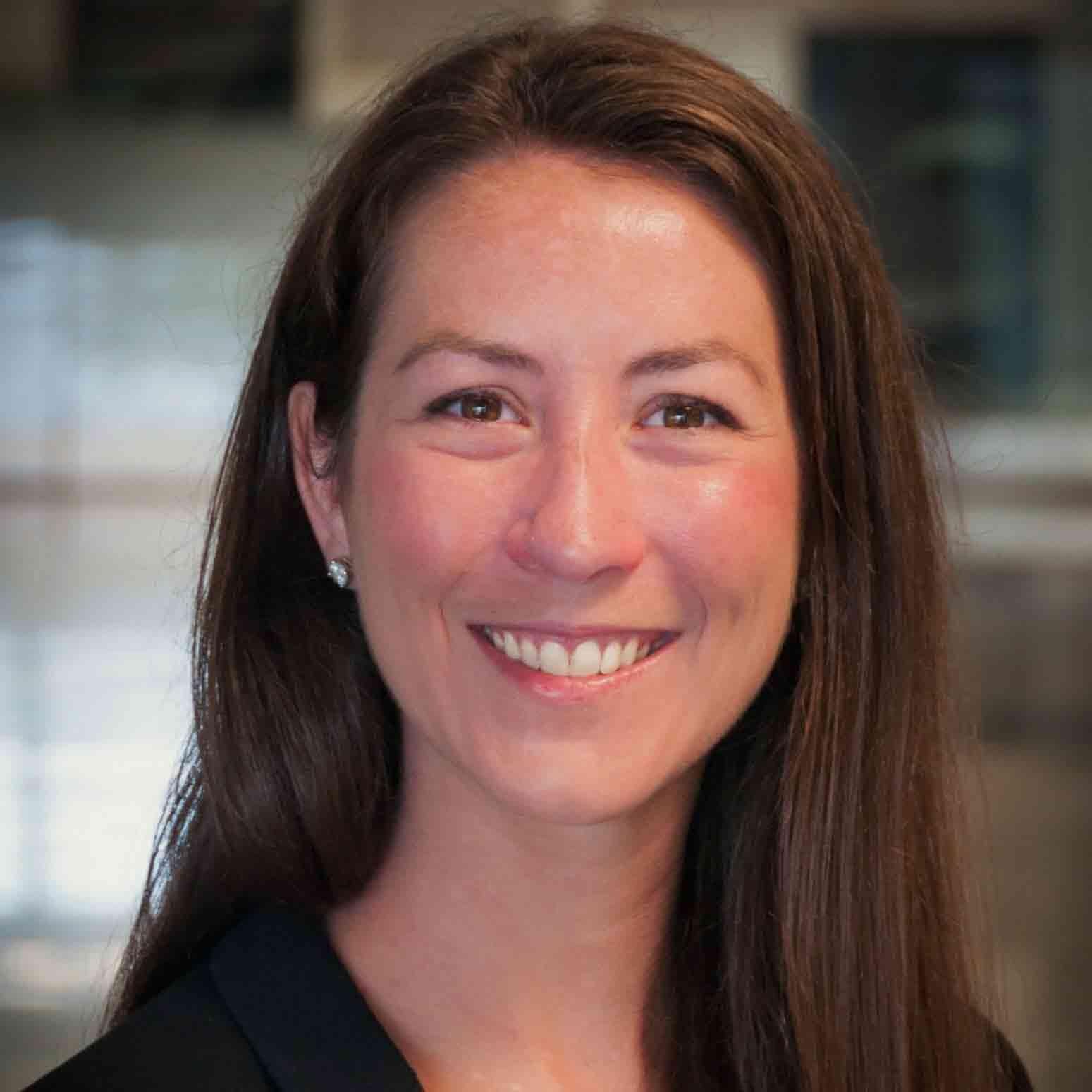Arts
Creative practice as personal expression and social commentary
Introduction
Art—in its infinite forms, functions and implications—is the most accessible and universal way of constructing meaning out of the world we inhabit.
The Arts Scholars program helps students gain a deeper understanding and appreciation of the role that art plays in society and in history. Through a mix of lectures, discussions, demonstrations, collaborative art-making and interactions with guest artists, students consider:
- How art can help us uncover our past and more readily imagine the possibilities of the future;
- How and why art may be used to make an impact or send a message; and
- What different works of art, and personal reactions to them, may signify.
Students will be challenged to conceptualize, articulate and present original ideas through a variety of methods, getting firsthand experience in creative problem-solving and project execution. Ultimately, students will strengthen their personal artistic skill and learn to appreciate a broad spectrum of art disciplines.
The Arts Scholars program attracts a diverse student population from a range of academic disciplines. No matter their area of artistic interest or skill level, students will find themselves immersed in a collaborative learning environment.
Colloquium and Lecture Topics
- What is art? What is “good” art? Understanding social definitions of art and their influence on artistic taste.
- How can we leverage the influence of artistic practice to constructively comment on the depth of our differences, our shared commonalities, and the nuances of identity as individuals and community members?
- What does research look like in the arts? Exploring common methods of creative and artistic research in the professional world.
- In what ways can we embrace creative approaches to identify, address and bring clarity to the societal challenges faced by “you,” “us,” “them” or “other”?
- How can art reshape or recontextualize understanding of our (individual and societal) learned history, biases and beliefs? How can it make visible the invisible?
- West African djembe: Exploring the role of music in community building, storytelling and cultural understanding
I have been challenged to think differently, work cooperatively, embrace creativity and, most importantly, go beyond the limits I have set for myself. Because of this program, I can confidently say I feel infinitely more prepared for the “real world,” and for that confidence and growth, I could never be more grateful.
Other Learning Opportunities
A variety of learning opportunities supplements the Arts curriculum. As an Arts Scholar, you will be introduced to artists, professional ensembles and world-class institutions each semester, through workshops led by guest artists; attendance at live performances in Washington, DC, New York City and on campus; and visits to the Smithsonian's renowned art and history museums.
In addition, you will get a chance to:
- Conceptualize, execute and present a capstone project of your choosing during your second year;
- Participate in service-learning with local schools and arts nonprofit organizations; and
- Cultivate valuable leadership and communication skills through peer mentoring and peer teaching opportunities.
Curriculum Overview
Over the two-year program experience (four semesters), students will complete up to 6 credits of supporting courses that will count toward your Arts Scholars citation. In most cases, these will also fulfill General Education requirements. Note that your Scholars courses—colloquiums, capstone practicum and supporting courses—will generally be in addition to any courses you take to satisfy major requirements.
The following represents a typical two-year curriculum, but individual schedules may vary. Details about courses and requirements can be found on the Arts Citation Checklist.
| SEMESTER | COURSE | CREDITS |
|---|---|---|
| Freshman Fall | Scholars Colloquium | 1 credit |
| Academic Writing (can be taken either Freshman Fall or Spring semesters) | 3 credits | |
| Arts Service Learning (Optional) | 2 credits | |
| 2–4 courses toward degree and major requirements (including possible supporting course) | 6–12 credits | |
| Freshman Spring | Scholars Colloquium | 1 credit |
| Arts Service Learning (Optional) | 2 credits | |
| 3–5 courses toward degree and major requirements (including possible supporting course) | 9–15 credits | |
| Sophomore Fall | Scholars Colloquium | 1 credit |
| 4–5 courses toward degree and major requirements (including possible supporting course) | 12–15 credits | |
| Sophomore Spring | Scholars Colloquium | 1 credit |
| Scholars Capstone | 2 credits | |
| 4–5 courses toward degree and major requirements (including possible supporting course if not already completed) | 12–15 credits |
Sponsoring College
Residence Hall
Bel Air Hall
Faculty


Social Media, Etc.
The Diamondback: UMD students' dance workshop highlights Japanese Butoh style, May 2022
Arts News
Four Scholars Awarded Boren Scholarships, Fellowships to Study Foreign Languages Abroad
Ten Terps will study language and culture abroad this academic year through David L. Boren Scholarships and Fellowships, making UMD a top recipient of the awards.A federal initiative designed to strengthen the foreign language and international skills of undergraduate and graduate students, Boren Scholarships and Fellowships provide up to $25,000 to study in world regions seen as critical to national security. As part of the program, recipients will work in the federal government for at least one year.
Terp Awarded NOAA Hollings Scholarship
A rising University of Maryland junior is one of 129 students nationwide awarded a 2024 National Oceanic and Atmospheric Administration scholarship to support the research of exceptional undergraduates.As a recipient of the Ernest F. Hollings Undergraduate Scholarship, atmospheric and oceanic science (AOSC) major Olivia Griffith, an ETE alum, will receive up to $19,000 over two years, plus professional development opportunities and a paid summer internship at any NOAA facility nationwide. Since the program kicked off in 2009, 55 UMD students have been awarded Hollings Scholarships.
Scholars Alum Wins Pulitzer for Washington Post AR-15 Series
Emily Guskin ’06, a Media, Self and Society Scholars alum, has a front row seat to Americans' perspectives on some of the day’s most pressing politics and policy matters. As a polling analyst at the Washington Post, the communication and government and politics alum conducts surveys, analyzes data and generates reports that provide insights into Americans’ attitudes, preferences and behaviors.
Biologist Nicholas Fletcher Named Director of Life Sciences Program
Nicholas Fletcher, a lecturer in the University of Maryland’s Department of Biology, has been appointed director of the College Park Scholars Life Sciences program.“We are delighted to welcome Nick Fletcher to College Park Scholars and Life Sciences. Nick is a creative and caring teacher whose commitments to hands-on learning and inclusive community align perfectly with core Scholars values,” said College Park Scholars Executive Director Marilee Lindemann. “We look forward to working with him to extend the proud legacy of Scholars Life Sciences in exciting new directions.”
Kosko Receives Inaugural Outstanding Global Classrooms Faculty Award
The University of Maryland's Office of International Affairs (OIA) recently honored Stacy Kosko, program director of International Studies (IS), as the inaugural recipient of the Outstanding Global Classrooms Faculty Award.A decade ago, Kosko launched UMD’s first global classroom on human rights with Tel Aviv University. Her commitment to, and success in this pilot served as the inspiration for scores of UMD faculty to participate in the Global Classroom Initiative (GCI). Today, UMD can boast more than 70 global classrooms involving universities around the world. Global classrooms have now become embedded in the curricular fabric of the university is now offered by every school and college on our campus.
STS Scholar Named Finalist for 2024 University Medal
Only five students are selected to vie for the most prestigious award for a graduating University of Maryland senior. The University Medal stands as the highest honor bestowed on a graduating senior. The award recognizes academic achievement, service to the community and exceptional character. Nominees must have earned a minimum GPA of 3.96 and 60 or more credits during their undergraduate career at UMD.One of the finalists was Guise Pham, a Science, Technology and Society (STS) Scholar.Fleeing postwar Vietnam, Pham’s mother dreamed of a better future for her children.
